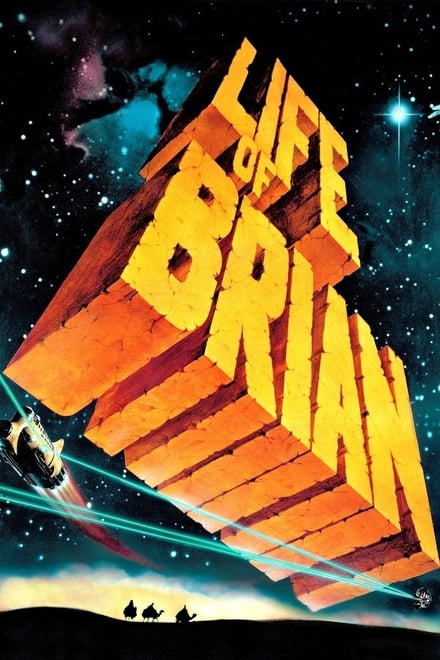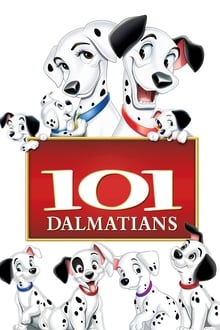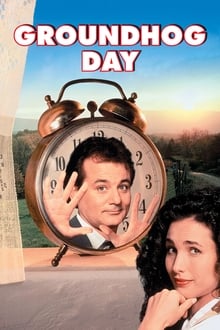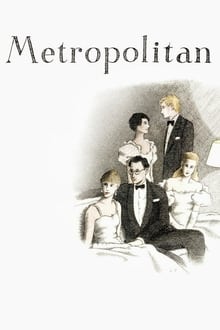Monty Python's Life of Brian (1979)

Overview
The story of Brian of Nazareth (Graham Chapman), born on the same day as Jesus of Nazareth, who takes a different path in life that leads to the same conclusion. Brian joins a political resistance movement aiming to get ...
Starring Cast
Where to watch
Rating categories
Overview
The story of Brian of Nazareth (Graham Chapman), born on the same day as Jesus of Nazareth, who takes a different path in life that leads to the same conclusion. Brian joins a political resistance movement aiming to get ...
Starring Cast
Where to watch
Detailed Analysis
Primary
The film offers a broad, absurdist satire of human folly, religious fanaticism, and political extremism, critiquing the mechanisms of dogmatism and blind faith rather than promoting a specific left or right ideology.
Monty Python's Life of Brian features a cast that aligns with traditional casting practices of its era, without explicit efforts towards diverse representation. The film's satirical narrative focuses broadly on human folly and institutional absurdity, rather than engaging with or critiquing traditional identities or explicit DEI themes.
Secondary
The film features a character, Stan, who wishes to be a woman named Loretta. This is played for broad comedy, satirizing political groups and the concept of rights. While not affirming, the portrayal avoids active denigration, presenting the desire as a comedic plot device rather than a source of malice or misery, leading to a neutral net impact.
The movie does not contain any action or adventure elements.
The film is an original screenplay with no pre-existing characters whose gender was established prior to this production. While some male actors portray female characters, these characters were created as female for the film, and their on-screen gender aligns with their narrative role, not a swap from a prior male identity.
Monty Python's Life of Brian is an original screenplay featuring fictional characters created for the film. There are no pre-existing canonical or historical character races from source material or prior installments that could be subject to a race swap.
Rating Breakdown
Overall Rating
Combines user and critic ratings from four sources
User Ratings


Critic Ratings


More Like This



















